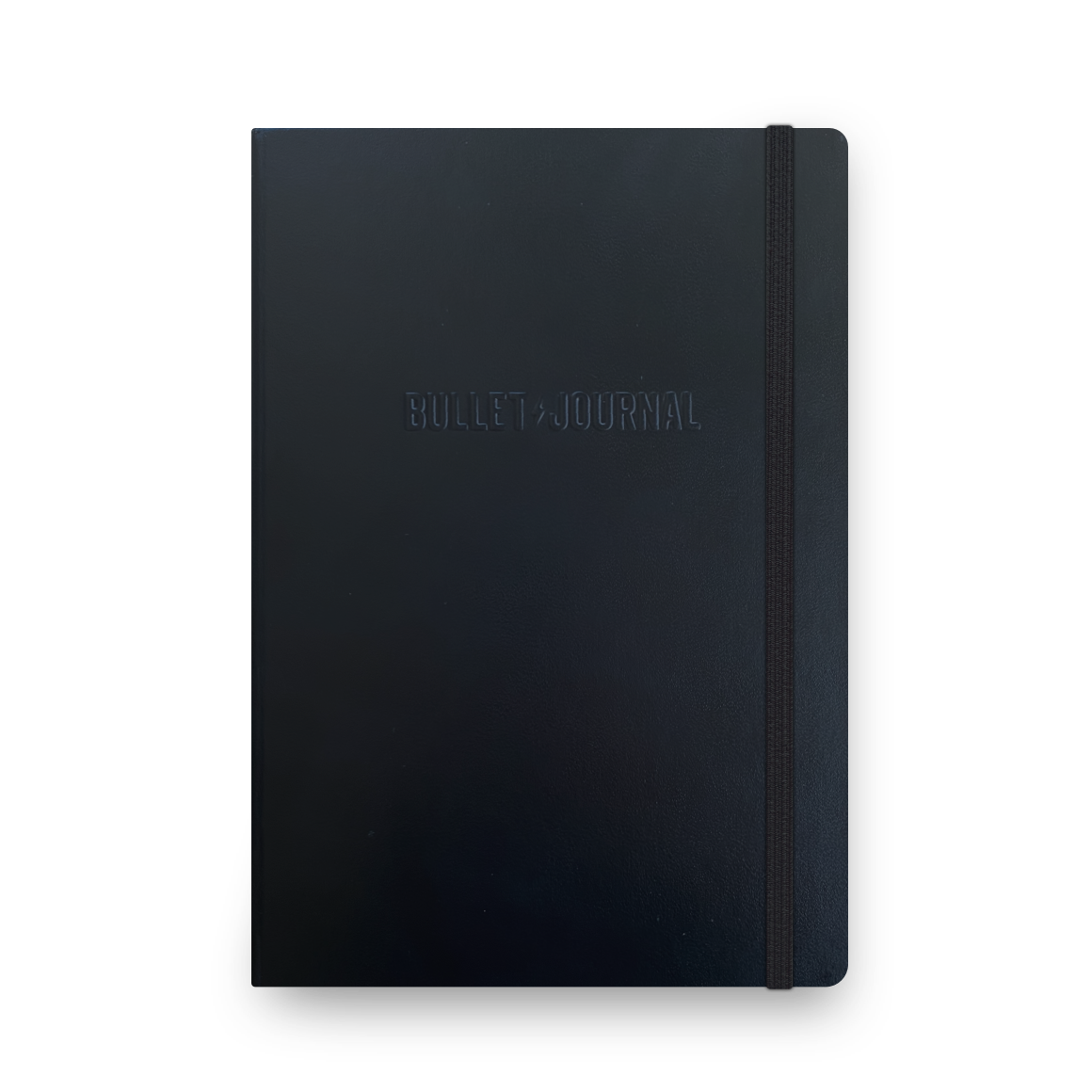The following was submitted by an author who wished to remain anonymous…
It’s a parent’s worst nightmare: standing by helplessly as your child struggles to breathe. The EMTs rush into the room with their giant bags and a stretcher, firing off stats and rapid questions to those nearby. The kid turns blue, eyes sliding shut. They start CPR, and you watch as the little body jumps with each push on his chest.
This was the scene a week ago in my son’s preschool class. His eight classmates all have health and developmental problems ranging from moderate to severe, and the class exists to help them catch up with their peers. Among the ailments are brain tumors, multiple sclerosis, cystic fibrosis, autism, and cancer in remission. The little boy who stopped breathing had been acting a little funny earlier that day, but was not feverish or sick – not five minutes earlier, he was happy and playing alongside my son at the train table.
I looked away to help another kiddo find an orange crayon, and then all of a sudden, shouting and semi-controlled chaos. Then 911. Then the EMTs. Then, the oxygen rushed out of the room and I think those of us parents and teachers on duty collectively held our breaths as the rest of the children were herded off to neighboring classrooms for safekeeping.
The mom on duty that day was the victim’s mother. She was not calm. Her hands shook almost to the point where she bobbled her entire purse while searching through it. Tears rolled down her cheeks when the EMTs rushed in and removed her boy’s hand from hers so that they could work on him. Still. She had the presence of mind to pull a well-worn, thread-bound book that is quite familiar to me: It was an orchid-colored, soft-covered Leuchtturm 1917. The elastic was pulled down over the bottom left corner, holding a pen to the spine. It was a Bullet Journal.
Grasping the last few pages, she shredded them away from the threaded spine and held them out to the EMT asking her questions. She shook her head and sobbed, “I can’t…I can’t…”
“I have a pulse,” the other EMT announced, while the guy in charge looked over the papers in astonishment. I sat down next to the mom and put my arm around her shoulders – this could easily be my child on the floor, I thought. Any of our children in this classroom.
The mom told him shakily what was on the paper, “His dosages and meds, his specialists and file numbers, phone numbers, allergies.” She sucked in a breath, “Seizure log. There’s a seizure log in there,” she said. I squeezed hers shoulders in support; mine has seizures too. She rattled off his birthday as they stabilized him for transportation.
The EMT just shook his head and said to her, “Thank you. This is exactly what we need to help him. I have to call this in.” And he pulled out his phone to do just that, rattling off vital information to whomever he was speaking with. She rode in the ambulance with her son; I watched as they banged the back doors shut and sped off, lights and sirens at full.
I hugged my son a little harder that night, and then sat down, and wrote a new spread in my own journal with emergency information, medications and dosages, a seizure log, phone numbers, file numbers, and an allergy list. Over the course of this evening, I went through an entire box of tissues before I called her cell. “He’s okay,” she told me. “The doctor said that the info the EMTs sent ahead allowed them to act fast. He’s going to be okay. He’s okay,” she repeated again, choked and hoarse, but I could hear the gratefulness in her voice.
My son’s friend has returned to school, and carries a tiny oxygen cylinder in a tiny oxygen cylinder backpack. He’s adorably sad about having to carry it. But he’s alive, happy, and whole, which is all a parent can really ask for their children. I’ve also noticed that the other parents are now carrying notebooks of their own, presumably with the vitals necessary to help their kids in them.
No one thinks that the next child in the next ambulance could be theirs, or that their elderly mother may have an emergency fall, or that after a car accident, one may not be able to remember all of the vital information needed to treat their family members safely in the hospital. But let’s be honest here… we all know someone who has needed that information recently. We all have passed the accident on the highway. We all have had that momentary lapse in memory when asked something about ours or our children’s medical records. Write it down. Keep it with you. Be prepared to commit the ultimate Bujo sin and rip it out in an emergency situation. You could save a life – your own, your child’s, your sister’s, your father’s…. Being organized could be the difference between life and death.
---- image: Michał ParzuchowskiSopot, Poland

